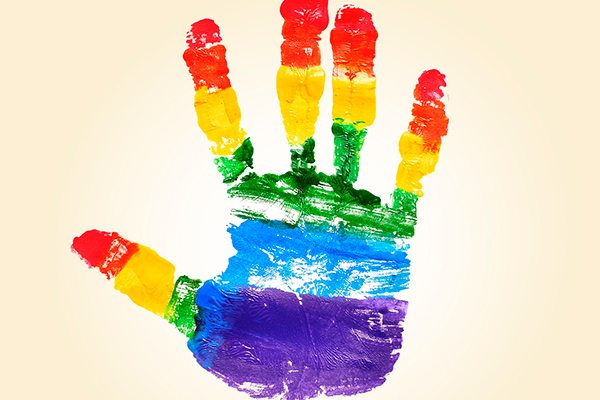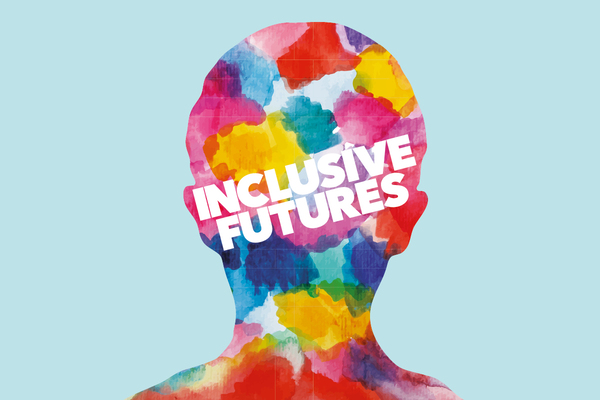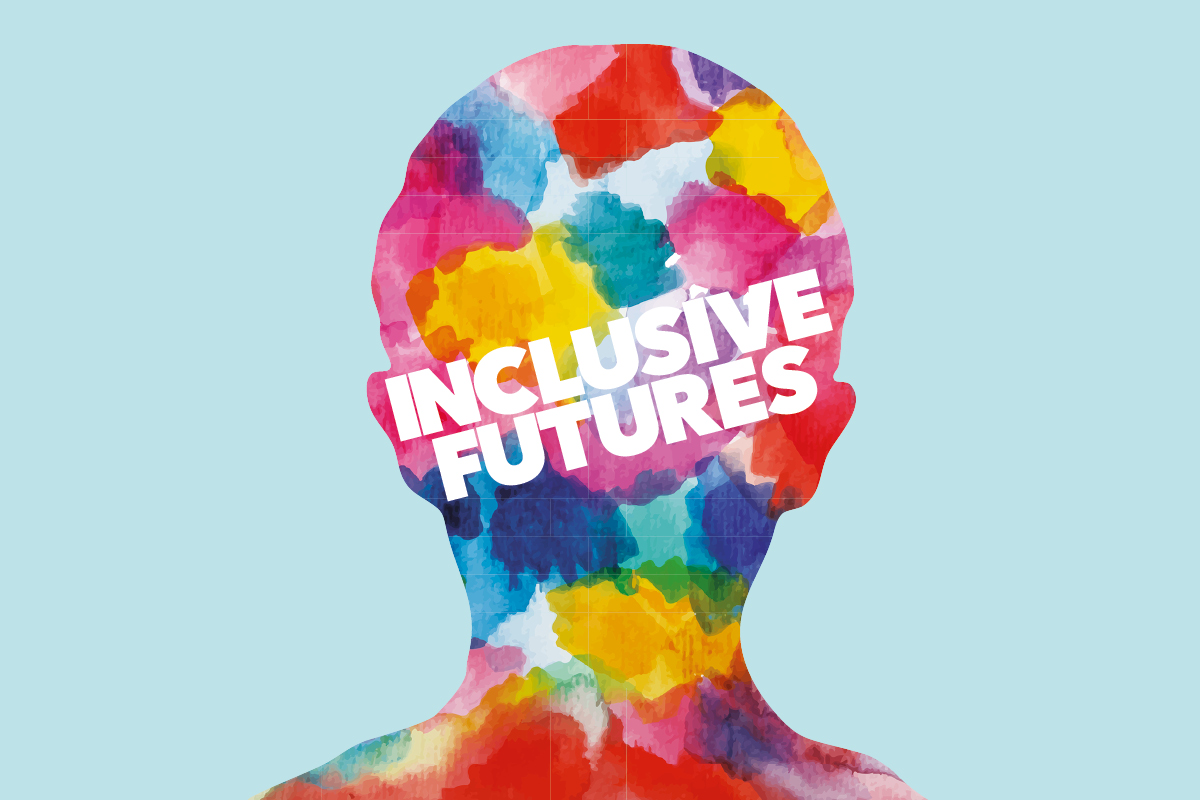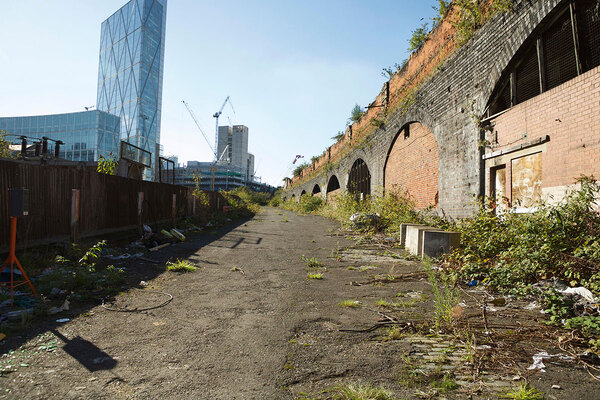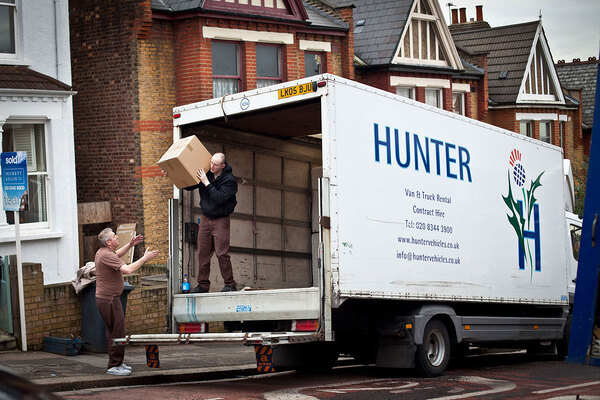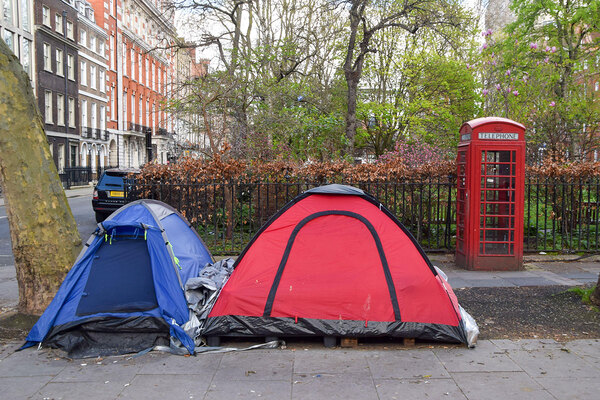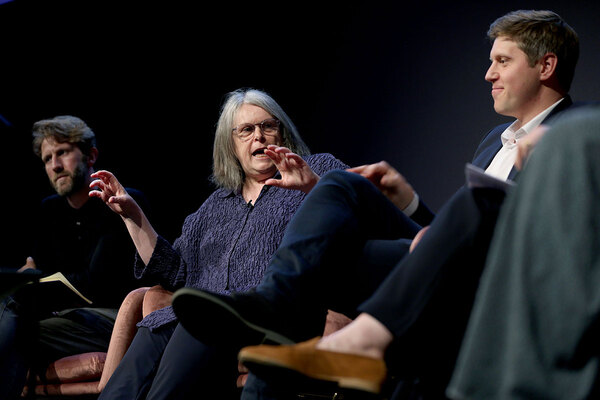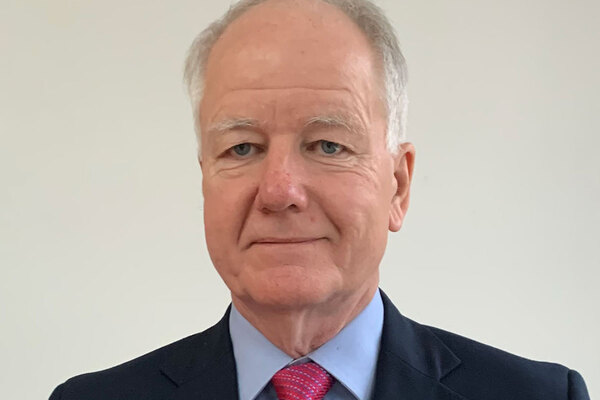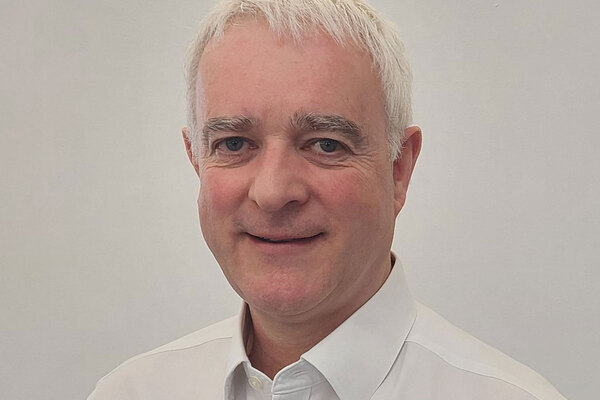You are viewing 1 of your 1 free articles
Aiming for a future in which LGBT support initiatives are no longer needed
On #housingdiversityday, Steve Hayes argues that initiatives to support LGBT people in housing must be part of a wider approach to inclusivity
What I’d give for a future without initiatives to support LGBT people.
That might seem rather strange or even offensive, particularly coming from someone openly gay, so I’ll quickly clarify what I mean.
We’ve long recognised in housing that we need to do more on inclusivity, and rightly so – it’s hard to think of a sector more able to drive change than one working at the heart of communities.
It is wonderful to see so many housing organisations leading the way, and it was particularly pleasing to see them feature heavily in Stonewall’s recent list of LGBT-friendly employers.
But it’s really important that we are clear about what we are aiming to achieve in the long term – and that is a future in which initiatives focused on helping LGBT people will not be necessary.
We are a long, long way from that future, but that has to be the goal and it’s crucial that we understand it now if we’re going to do work which really makes a difference.
As things stand, the many brilliant housing initiatives to support LGBT people are absolutely necessary and I’d hate people to think I’m suggesting otherwise.
We still have discrimination in our communities, we still have young people who struggle to come to terms with their sexuality because of lingering prejudice, and we still have work to do to foster inclusive attitudes in our organisations – though on the latter it’s clear we’ve made significant progress.
“We have to avoid a situation in which we think that having an LGBT initiative or scheme will make all of our problems just go away.”
But it’s so important that those initiatives are complemented by a wider approach to inclusivity, and that they are not run in isolation.
We have to avoid a situation in which we think that having an LGBT initiative or scheme will make all of our problems just go away.
Because there’s no doubt that the long-term key to supporting LGBT people is fostering a culture of overall inclusivity.
It’s about helping to entrench a philosophy and a set of values in your organisation, and as far as possible working with other organisations to do the same in your communities, which are based fundamentally around the concept of respect and helping people to see beyond someone’s sexuality, race, disability or any other innate characteristic they have.
Doing this is not easy and the solution doesn’t lie solely in our hands.
Just last week I was horrified to hear that representatives for Warwickshire Pride had to pack up their stall in Stratford-upon-Avon early because they suffered so much homophobic abuse from passers-by.
Incidents like this are a reminder of just how much we still need to work with partners in our communities on initiatives to tackle lingering prejudice.
Tina Drury from Your Homes Newcastle expressed the challenge brilliantly recently. She is rightly immensely proud of her organisation’s initiatives to support LGBT people, but understands “changing hearts and minds on any emotive issue is not as simple as ticking a few boxes”. And she’s right.
Part of what makes our workplaces and our communities so wonderful is their diversity, and finding ways to embrace this in your organisation and your communities is just as important as targeted initiatives.
Think about it for a second. If you were asked to list 10 things about yourself, where would your sexuality come on that list? I don’t know about you, but it wouldn’t even be on mine.
And to say that isn’t to deny the struggle many people face. But it is to say that the vast majority of LGBT people don’t want to be known first and foremost as being part of the LGBT community, though they are rightly proud to be.
“If you were asked to list 10 things about yourself, where would your sexuality come on that list? I don’t know about you, but it wouldn’t even be on mine.”
Just like anyone else they want to be known for who they are; for their qualities and what they bring to the world, not a thing which is so utterly ordinary to them. I don’t know many straight people who would want to be known for being heterosexual.
Whether people work for us or live in our homes, they should be able to pursue the lives they want to lead, and we must always remember that.
So we need to be clear what we’re working towards here – and that’s a future in which initiatives targeted at LGBT people are not needed.
Such campaigns should be welcomed and applauded – they have made a massive difference and will be needed for a long time to come.
But in the longer term the real progress will come from fostering openness and inclusivity across the board and, with everyone in society pulling in the same direction, the targeted work will gradually become less important.
It won’t be easy, but that is how we will work our way slowly but surely to a truly inclusive future.
Let’s make that the challenge.
Steve Hayes, communications manager, Chartered Institute of Housing
Inclusive Futures
Inside Housing’s Inclusive Futures campaign aims to promote and celebrate diversity and inclusion.
We are pledging to publish diversity audits of our own coverage.
We are also committed to proactively promoting positive role models.
We will do this through the pages of Inside Housing. But we will also seek to support other publications and events organisations to be more inclusive.
Our Inclusive Futures Bureau will provide a database of speakers and commentators from all backgrounds, for use by all media organisations.
We are also challenging readers to take five clear steps to promote diversity, informed by the Chartered Institute of Housing’s diversity commission and the Leadership 2025 project.
INSIDE HOUSING’S PLEDGES
We will take proactive steps to promote positive role models from under-represented groups and provide information to support change.
We pledge to:
Publish diversity audits: We will audit the diversity of the commentators we feature. We will formalise this process and publish the results for future audits twice a year.
Promote role models: We will work to highlight leading lights from specific under-represented groups, starting in early 2018 with our new BME Leaders List.
Launch Inclusive Futures Bureau: We will work with the sector to compile a database of speakers, commentators and experts from under-represented groups. The bureau will be available to events organisers, media outlets and publications to support them to better represent the talent in the sector.
Take forward the Women in Housing Awards: Inside Housing has taken on these successful awards and will work to grow and develop them.
Convene Inclusive Futures Summit: Our new high-level event will support organisations to develop and implement strategies to become more diverse and inclusive.
THE INCLUSIVE FUTURES CHALLENGE
Inside Housing calls on organisations to sign up to an inclusive future by taking five steps:
Prioritise diversity and inclusion at the top: commitment and persistence from chief executives, directors and chairs in setting goals and monitoring progress.
Collect data on the diversity of your board, leadership and total workforce and publish annually with your annual report. Consider gender, ethnicity, disability, sexuality, age, and representation of tenants on the board.
Set aspirational targets for recruitment to the executive team, board and committees from under-represented groups.
Challenge recruiting staff and agencies to ensure that all shortlists include candidates from under-represented groups.
Make diversity and inclusion a core theme in your talent management strategy to ensure you support people from under-represented groups to progress their careers.
THE CASE FOR CHANGE
34%
of housing association chief executives are female
1%
of housing association executives have a disability
1.6%
of housing association board members are LGBT
Women make up 46% of the UK workforce, but Inside Housing research found that they are under-represented on housing association boards (36%), executive teams (39%) and among chief executives (34%).
Almost a fifth of working-age adults have a disability (18%), yet associations reported only 1% of executives and 4.5% of board members with a disability. Many were unable to provide details.
Nationwide, 14% of the working-age population come from a BME background, climbing to 40% in London and Birmingham. Yet our research found that 6.8% of board members identified as BME, compared with 4.5% of executives.
Statistics on representation of LGBT people in the workforce are in short supply, but official statistics suggest that 2% of the total UK population identify as lesbian, gay or bisexual, rising to 4.1% for 16 to 24-year-olds. Our survey found that 1.6% of board members and 10 executives were LGBT – but most organisations were unable to provide figures.

